
Plant-Based Practice: For the loveliest skin our body can produce, eat a variety of colorful vegetables every day. Add raw and cooked. Don’t sweat over how much, just add them at every meal and as snacks. - I am often complimented about my smooth and creamy skin. This is notable because my skin is presently 58 years old, and I have lived through a bit of teenage acne in my past. My personal insurance policy against damaged skin and wrinkles is eating green leafy veggies along with other colorful vegetables and fruits every day.
Read more...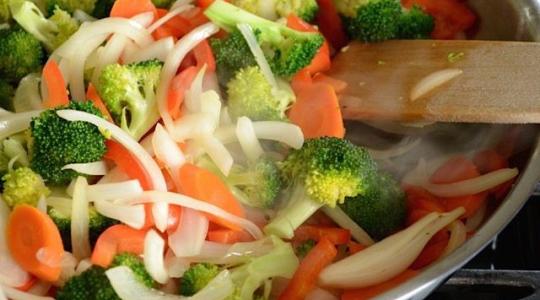
It’s hard to imagine a diet without oil and added fat. Most of us are used to sautéing with oil in cooking, slathering our salads with oil-based dressings and buttering bread with butter or margarine. I was the same. Before I took on cooking without oil I never thought it could be done, and done deliciously. Now I never think about it and the oil-free skills are second-nature.
Read more...
In creating your own specific goals, an effective approach is to follow the SMART Goals model, a method widely used by clinicians and health educators to make goal setting more effective. The SMART acronym stands for: Specific, Measurable, Actionable, Relevant, and Time-limited. The Sustainable Diet program uses SMART Goals to help improve your accountability, organization, and therefore your success.
Read more...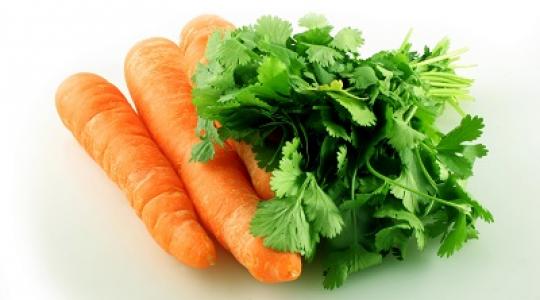
PLANT-BASED PRACTICE: Look at the ingredients list. Select items in boxes, bags or packages with just a few whole plant ingredients listed, (like 5 or less), avoiding added sugars, fats and oils, additives like preservatives, colorings or protein powders, sodium or salt, or stuff that you can’t pronounce. Keep it simple.
Read more...
We need you. We have never before been faced with so much overweight, chronic disease, and associated emotional and financial ill effects of the standard American diet. We have much to do if we are to turn this situation around, and fortunately, many paths lead to positive change. If you feel an inner calling to get involved, responding effectively will both create personal fulfillment and allow you to make a crucial positive difference...
Read more...
PLANT-BASED PRACTICE: Find your fat in food – whole, plant food. Eating a variety of whole food coming from all the different parts of the plant will provide all the fat needed in the right amounts. From the bottom up this includes root vegetables, green stems and leaves, colorful vegetables and fruits, whole grains and seeds, and legumes – the things in pods. Oil is not a whole food and the body has no need for it; all the fat that is needed can be found in the unprocessed food The Good, Bad, and Ugly Fats
Read more...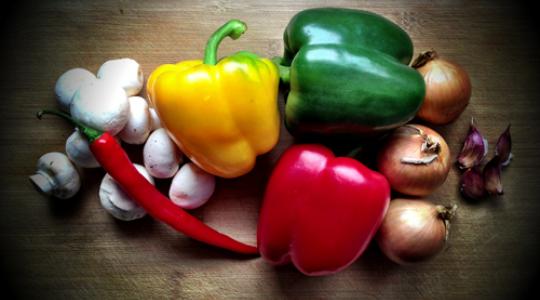
PLANT-BASED PRACTICE: A decent knife and a few basic kitchen utensils are all you need to create tasty, health-promoting meals at home, that also help to control weight. Get familiar with cooking without oil, which takes no extra skill, just swap a liquid on the stovetop and substitute bananas, flax meal or tofu in baking.
Read more...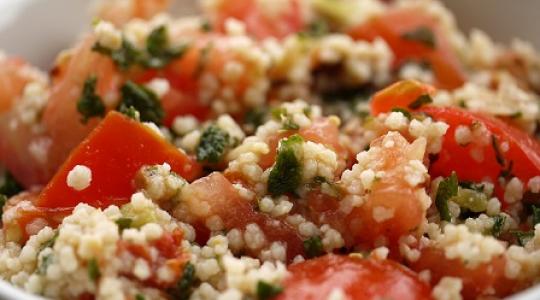
PLANT-BASED PRACTICE: Because the closer we are to eating a complete whole food, plant-based diet, the less risk for overweight and disease, choose fiber-filling whole plant foods such as whole vegetables, fruits, grains and legumes (beans) and minimal amounts of nuts and seeds, and use minimally processed foods such as plant milks, tofu, whole grain cereals, pastas and sauces. Incorporate salads and greens into daily meals, choose oat or whole grain porridge for breakfasts, and take a vitamin B-12 supplement.
Read more...
They’re all around us — goji berries, chia seeds, maca, pomegranates, and the list goes on. Certain individual foods are labeled “superfoods” by the food industry and so the concentrated powders, extracts, oils, and juices of these foods are then marketed as beneficial because of their supposed special effects. The claims around these concentrated forms of certain foods include “improves vitality,” “wards off disease,” or even “boosts libido.” The modern shopper is hopelessly confused as he or she tries to match a host of products with a wide array of specific desired benefits.
Read more...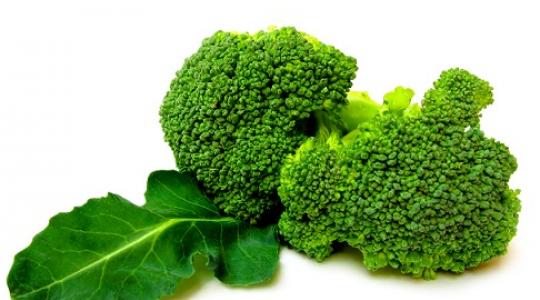
Imagine running into a friend at the gym who was just finishing her aerobic workout. Sweaty and flushed, she downs a bottle of water and remarks, “Got to get my hydrogen!” While we may instinctively sense that there is something odd about that statement, in Western countries, and particularly the U.S., people make very similar comments on a regular basis. “Just getting my protein in!” someone will cheerfully report as they dig into General Tso’s chicken or crack open a hard-boiled egg.
Read more...
Of all the challenges we face when sifting through the contradictory messages on nutrition and health, one of the most menacing is the influence of industry on academia and scientific research. What are we supposed to think when the National Dairy Council proclaims that milk aids in weight loss? Most people don’t know how to evaluate whether or not a research study was well-conducted and trustworthy. How are we supposed to react when our doctors tell us a certain pharmaceutical drug offers a big risk reduction for tumor growth?
Read more...